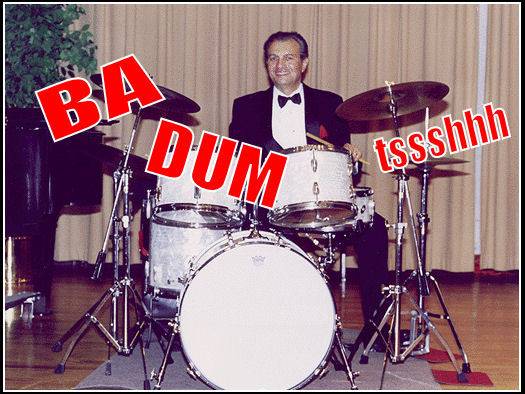Gunny
Gold Member
Where in this post are you proving that Wall street would receive one red cent from the government?
They would be paying into a fund themselves to insure their own welfare, thus saving the taxpayers from having to bail them out.
How is that bad? How is that an implication of a government bailout?
HOW is it BAD? I'll tell you...Once the Fed gets their claws upon anything? It sets precident for them to do ANYTHING they like...or aren't you into Historical FACT?
The Government should stay OUT of it. Let them FAIL. The Free Market will replace the failure in due course with others that will do it better...or don't *YOU* trust the market?
"Too Big To Fail*?
Would that INCLUDE the Government that continues to GROW at the Nation's detriment? [And BY their own design...and purpose]?
[And the MARKET *IS* the people].
Your post is crap.
You know T, that's exactly what they said in the 1920's, and that worked out pretty damn well, didn't it?
The FDIC served as a stopgap to prevent another depression pretty damn well for 70 years. Now these financial firms are essentially serving as banks, so the Government is trying to make sure they don't fail by making them insure themselves.
How in God's name you see this as a bad thing is beyond me. Keep on spinning though.
Exactly what they said in the 1930's. Good thing Nazi Germany worked out pretty damned well, huh?





